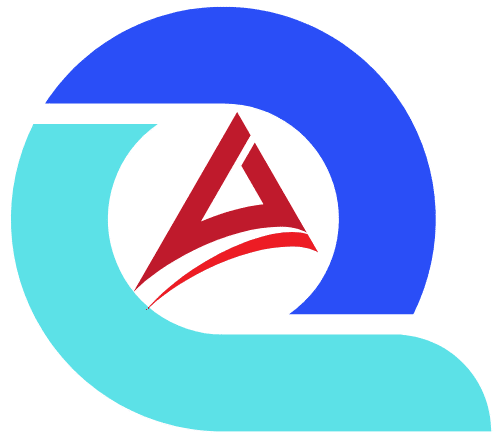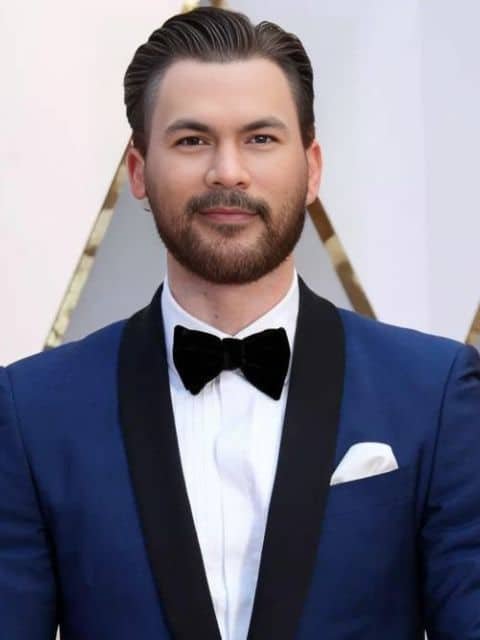Blockchain doesn’t just change how money moves—it shakes the very foundation of trust in our digital age. Sometimes, you encounter ideas that feel so potent they stick with you. Take the words of innovators and thinkers in blockchain: they don’t just explain technology; they challenge how we think about truth, power, and ownership.
What strikes me most is how blockchain isn’t merely a tech breakthrough; it’s an idea about transparency and decentralization, a move away from the centralized gatekeepers to something more democratic, more human. You can almost hear that echo in these quotes—a mix of awe, skepticism, and excitement.
Vitalik Buterin once mentioned, “The blockchain is the most disruptive invention since the printing press, but it is only the foundation. What we build on top will decide if it changes the world or just markets.” It’s a reminder that technology isn’t a magic wand. It’s raw potential, and the real test is how people shape it. Are we creating something that truly empowers individuals, or just another flashy tool for speculation?
On the other end, the fiery criticism of blockchain’s energy consumption gets a sharp jab in Jake Brukhman’s thoughts: “The battle isn’t between blockchain and systems, but between innovation that drains the planet and innovation that sustains it.” To me, that puts the responsibility squarely on innovators. Tech doesn’t exist in a vacuum. Every line of code echoes in the real world.
Somewhere along the way, you have to ask yourself—why has blockchain grabbed so many imaginations? Paul Le Roux nails it: “Trust is artificial. Blockchain is the recipe for baking trust from math, not humans.” This flips the old narrative on its head. Trust without a third party. Mathematical certainty instead of blind faith.
I love the irony that blockchain aims to make human institutions almost obsolete by offering a system where you don’t need to trust blind faith but code and consensus instead. But this raises a question: can code replace all the nuances of human interactions? Nick Szabo, a legendary mind behind smart contracts, said, “If you want to understand the rules you live under, watch the code that enforces them.” It’s almost philosophical—code becomes law, its logic dictates fairness or failings.
It reminds me of my own skepticism when diving into blockchain. Can a decentral system really administer trust and fairness better than centuries-old institutions? The answer, as these thinkers suggest, is a cautious yes. Not flawless, not perfect, but a powerful blueprint that reimagines the social contract.
Not all views are sunny. “Blockchain is so clever, it’s almost too clever for us to grasp its consequences,” joked an anonymous crypto skeptic on a forum I once lurked in. They weren’t trying to dismiss it but expressing something deeper: this technology is complicated, confusing, and disruptive in a way that shakes our comfort zones.
But here’s a truth that often gets lost—blockchain isn’t just tech geeks’ playground. It’s personal. Like when Laura Shin said, “Cryptocurrency is the first native digital asset ever created; the rest is just legacy stuff trying to catch up.” This resonates because blockchain forces us to rethink ownership, identity, and what it means to hold value in an internet-first world.
What’s funny is how blockchain sometimes feels like a philosophical experiment trapped inside a graphics card or a server farm. “It’s a tool for building unbreakable promises,” one developer told me over coffee. And promises—real, guaranteed, trustless promises—are kind of revolutionary. Imagine contracts that self-execute without lawyers or courts. It’s disruptive, but also a move toward simplicity.
You might wonder, where’s the catch? The answer is complexity. Blockchains are not magic; their fault lines appear in governance, scalability, environmental concerns. That’s why someone like Andreas Antonopoulos warns, “Decentralization is not an end in itself. It’s a path toward resilience, freedom, and innovation.” The goal isn’t decentralization for show but for substance.
There’s beauty too in public perceptions shifting. “The blockchain will democratize ideas, capital, and power itself,” mused a thoughtful author I admire. If that happens, it’s an upheaval like no other. Power poured into code could mean, finally, a shift away from opaque systems toward open networks where everyone gets a stake.
Maybe the real charm of blockchain is this paradox: it’s about removing intermediaries and yet creating new trust frameworks. It demands we rethink how society coordinates. And like any big idea, it’s messy, exciting, and deeply human.
If you dig through these quotes and thoughts, you see a tapestry weaving together technology, philosophy, and hope. Blockchain might not be the answer to every problem, but it is a mirror reflecting how much we crave transparency and fairness in a rapidly digitizing world.
Thinking aloud, I often wonder if future generations will marvel at blockchain the way we do at electricity or the printing press. Perhaps, with the wisdom these pioneers offer, we are witnessing the dawn of a fundamentally different age—one where trust isn’t just a given but engineered, contested, and continuously evolving.
For those hungry for a fresh dose of inspiration, there’s a treasure trove of blockchain insights at Quotes of the Day, where you can explore this evolving discourse through the voices shaping the narrative.
Final thoughts: blockchain isn’t just a buzzword or a speculative playground. It’s a profound shift in how we think about data, trust, and collaboration. It beckons us to imagine new systems of power and responsibility. Whether it delivers on these promises or gets mired in hype will depend on us—builders, thinkers, and users who decide the future. But for a moment, at least, it’s exhilarating to consider that a string of cryptographic blocks might just rewrite the story of trust forever.

